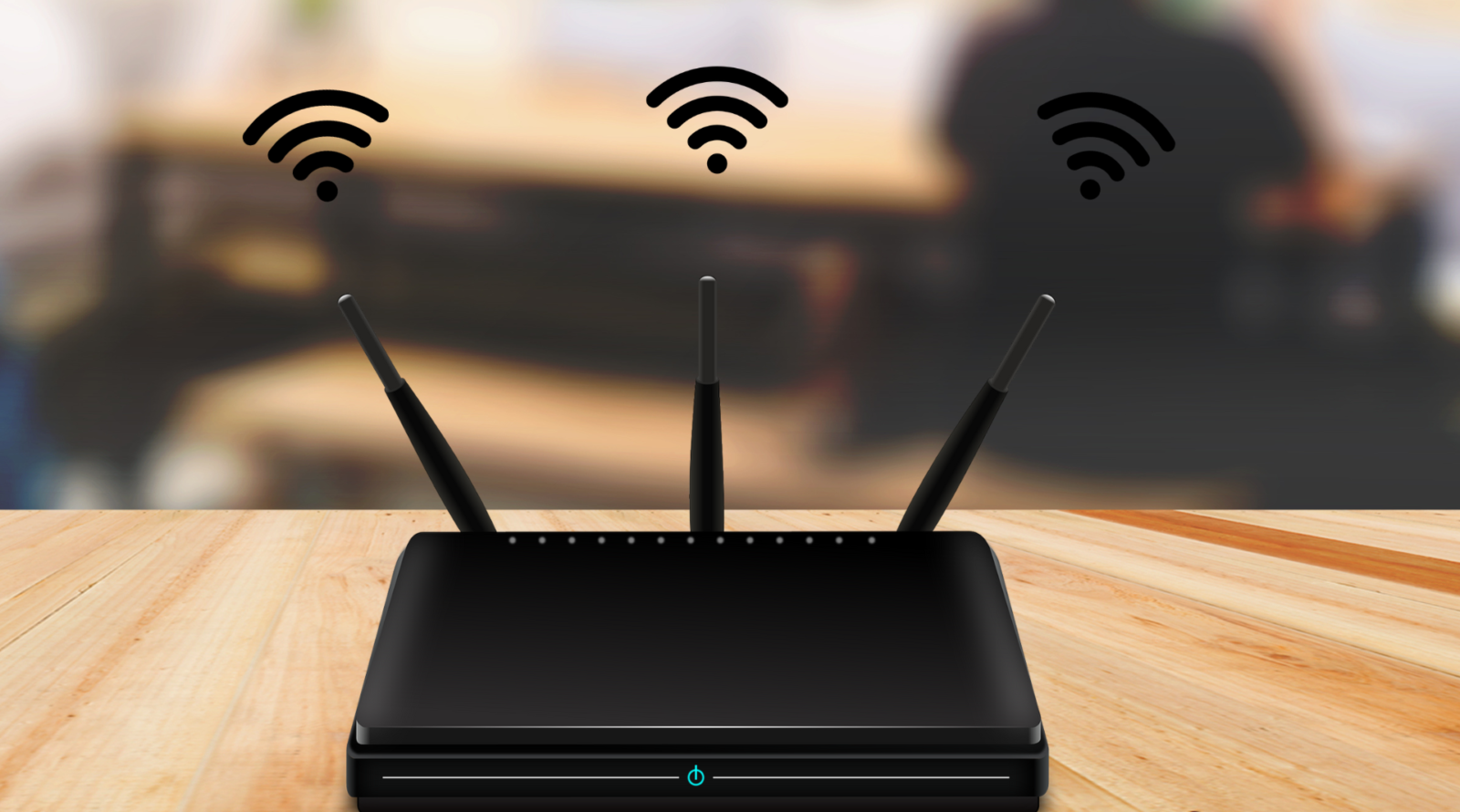5 Things to Look Out for Before Buying a Wi-Fi Router
This article is also available in:
 Arabic
Arabic  German
German  French
French
Before purchasing a Wi-Fi router, there are several factors that you should consider to ensure you are getting the best device for your needs. Here are five things to look out for:
1. Speed and Range: Check the device’s speed and range capabilities to ensure it will meet your internet needs. Look for routers that support the latest Wi-Fi standards, such as Wi-Fi 6, for faster and more stable connections. Also, consider the size of your home or office space and choose a router with sufficient range to cover the area effectively.
2. Number of Antennas: More antennas generally mean better coverage and signal strength. Look for routers with multiple external antennas to ensure a strong and stable Wi-Fi connection.
3. Security Features: Check for security features such as encryption standards (WPA2 is recommended), guest network support, and parental controls. It’s important to choose a router that can protect your network from potential threats and allow you to control and monitor access to your network.
4. Wired Connectivity: Consider the number of Ethernet ports on the router. If you have a lot of wired devices, such as gaming consoles, smart TVs, or desktop computers, make sure the router has enough ports to connect them all without requiring an additional switch.
5. Price and Brand: Consider your budget and the reputation of the brand. While you may be tempted to go for the cheapest option, investing in a reputable brand can often ensure better performance, reliability, and customer support.
It’s important to do thorough research and read reviews before making a decision. Additionally, consider your specific needs and requirements to find a router that suits your situation best.
Please note that the information provided here is general in nature, and it is always a good idea to consult specific product reviews and specifications for the most accurate and up-to-date information.
Additionally, it is worth considering whether you want a router that supports mesh networking. Mesh systems consist of multiple routers or nodes that work together to create a seamless and reliable Wi-Fi network throughout your home or office. This can be particularly beneficial for larger spaces or areas with a lot of obstructions that can interfere with Wi-Fi signals. If you require extensive coverage, a mesh system may be a better option than a single router.
Lastly, it’s worth considering the potential for future expansion. If you anticipate needing to add more devices or users to your network in the future, look for a router with higher capacity to accommodate increased demand. This can help prevent the need for upgrading or replacing the router sooner than anticipated.
In summary, when buying a Wi-Fi router, consider the speed and range, number of antennas, security features, wired connectivity, price, and brand reputation. Additionally, think about the need for mesh networking and potential for future expansion. Taking these factors into account will help you make an informed decision and find a router that best meets your needs.

